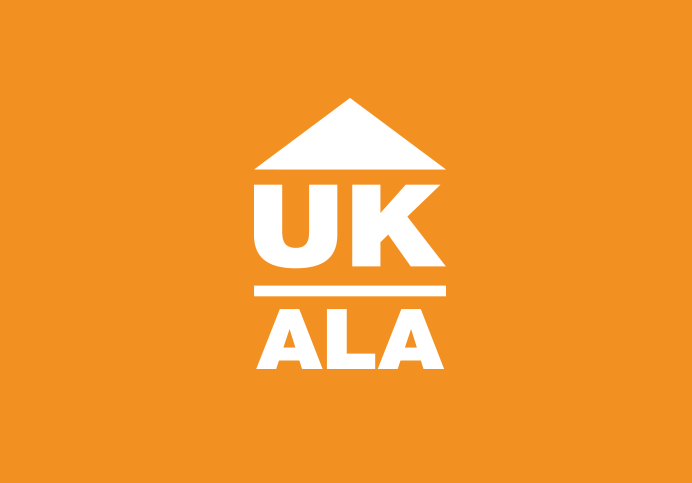
1st Nov 2010
Common law implied terms
The main implied terms in respect of common law in relation to repairs are detailed below:
The main implied terms in respect of common law in relation to repairs are detailed below:
- the right of a tenant to quiet enjoyment of a rented property without intrusion or disturbance by a landlord. Generally a landlord does not have the right to turn up unannounced to check on a property or tenant. It must be agreed mutually beforehand, where the landlord wishes to enter for a specific purpose, such a repairing a window. It has been held that breach of the repairing covenants can also be considered to be breach of the covenant of quiet enjoyment
- fitness for habitation – the property must be fit for human habitation at the start of the tenancy and be kept this way by the landlord during the term of the tenancy.
- tenants must use the property in a ‘tenant like manner’.
- the tenant should not commit waste – waste is any act or omission which results in a permanent change to the premises
- tenants are to leave the property in the same condition as when they took possession, fair wear and tear excepted
- the tenant must not use rent to pay for repairs. Repairs must be reported to the landlord/agent. Using rent for any other means could result in eviction from the property.
This has been defined in the case law as “to do the little jobs about the place which a reasonable tenant would do” such as keeping toilets and drains clear, regular cleaning including windows, putting refuse out for collection and gardening if applicable.